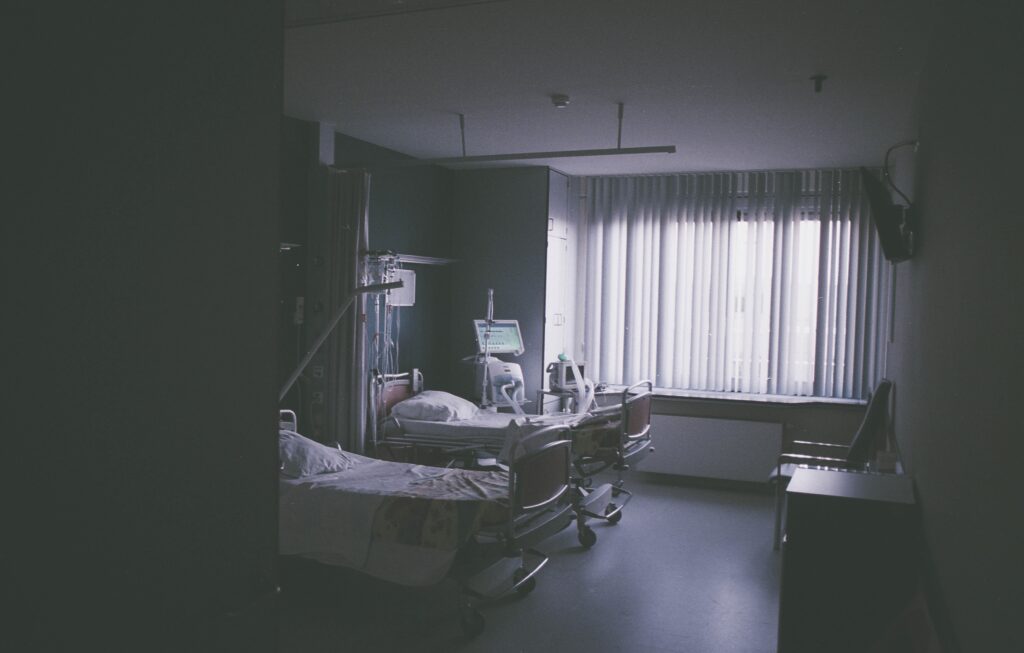According to an article published in Healthcare Dive, a recent study published in the academic journal JAMA indicated that patients receiving treatment in hospitals owned by private equity firms were at an increased risk of adverse events while receiving care, such as falls or central-line infections. This is despite the fact that typically these hospitals have a tendency to admit lower risk patients.
The findings raise concerns about the role of private equity in the healthcare industry. The US Senate recently announced an investigation in December into the role of private equity firms in hospitals and the potential impacts they can have. The Biden administration has also announced plans to evaluate future acquisition deals and increase transparency.
The study evaluated Medicare claims data from 51 private equity facilities and 259 other hospitals of similar size and location. This data was from a three-year period. The data indicated a 25% boost in hospital acquired conditions for patients admitted to private equity-controlled facilities. Central line infections increased by nearly 38% and risk of fall injuries increased by 27%. This is unusual considering that private equity hospitals use on average 16% less central lines than before acquisition. It’s also remarkable because, as a whole, hospital-acquired illnesses are trending downward. The researchers concluded that these findings suggested that private equity hospitals delivered poorer quality inpatient care.
Hospitals and healthcare companies have been in the sights of private equity recently because they have been talked up as an opportunity for a relatively quick and lucrative turnaround. The hospitals are often owned and operated for a few years before being sold at a profit. Earlier research has suggested that these facilities are more likely to be short-staffed and tend to be more expensive for patients.
The private equity lobbying firm American Investment Council pushed back on the findings of the study, claiming that the funders of the research were biased and that private equity hospitals were more likely to serve low-income or rural areas.





